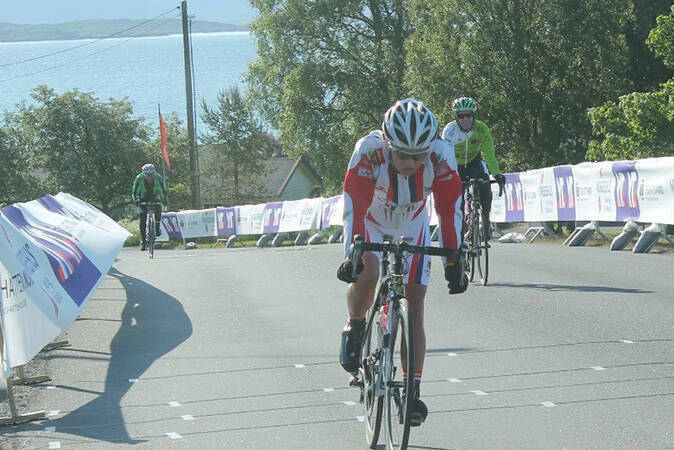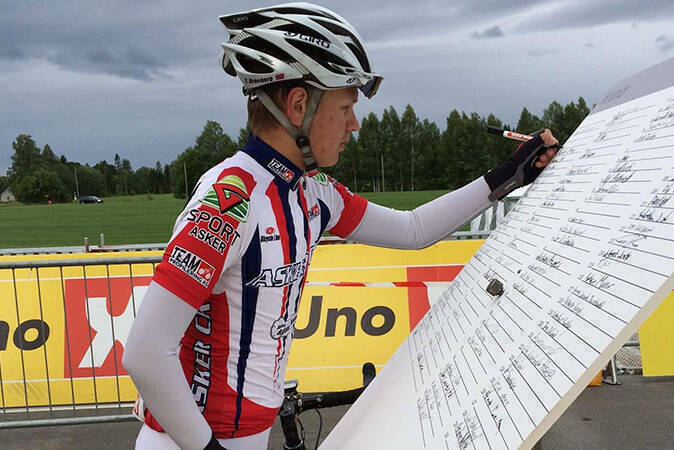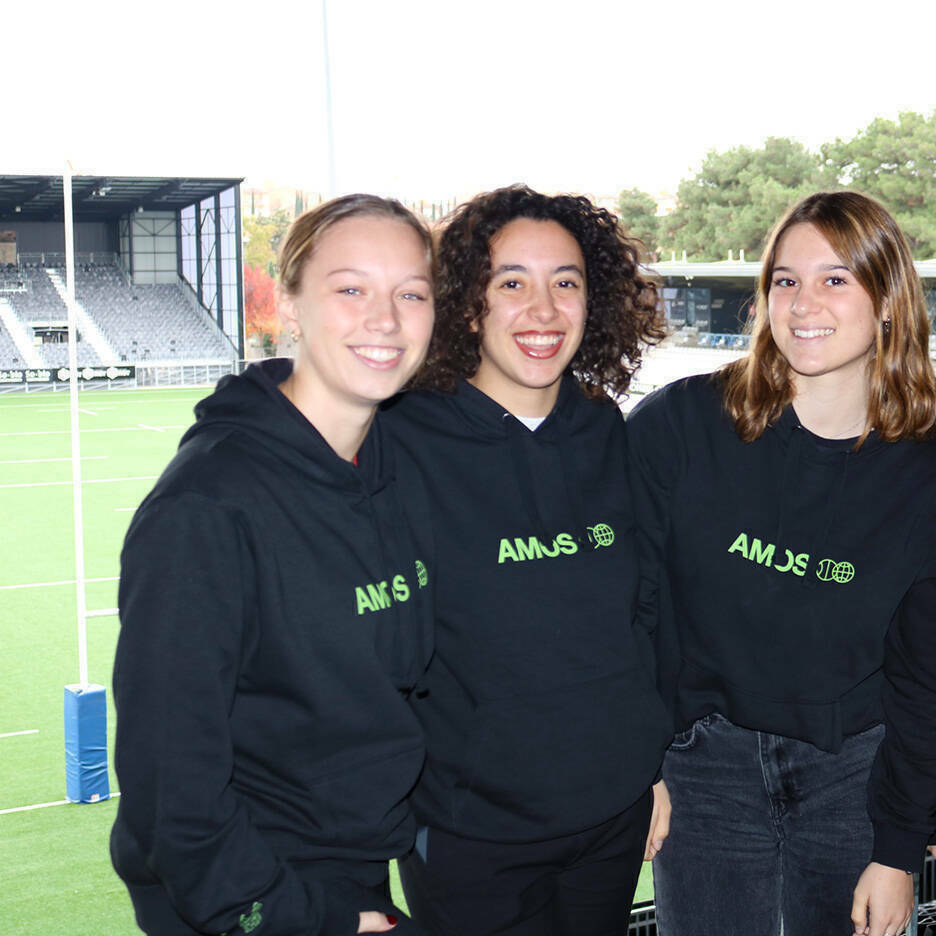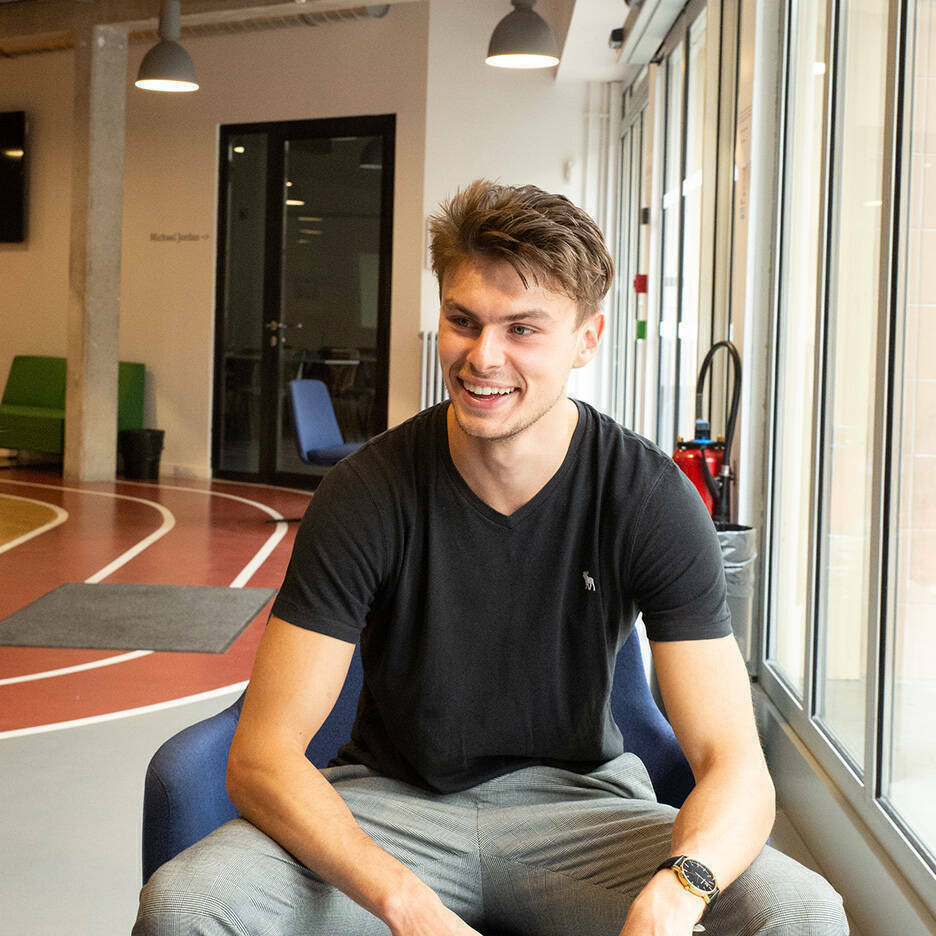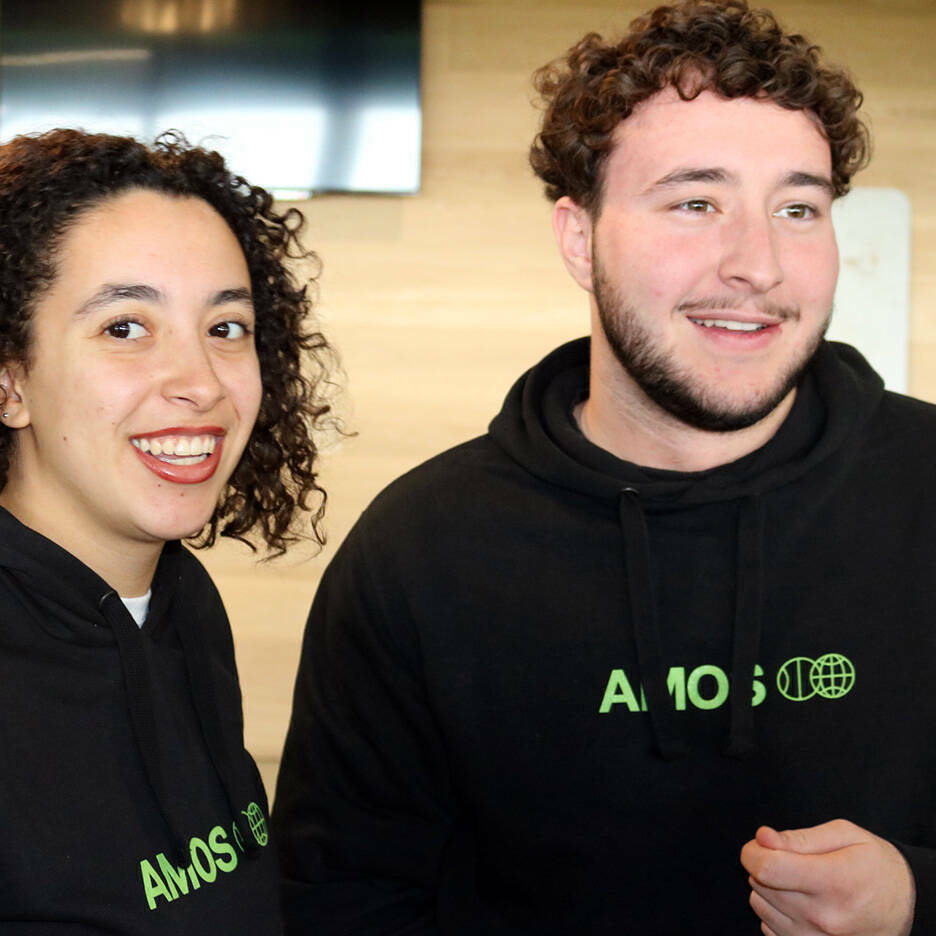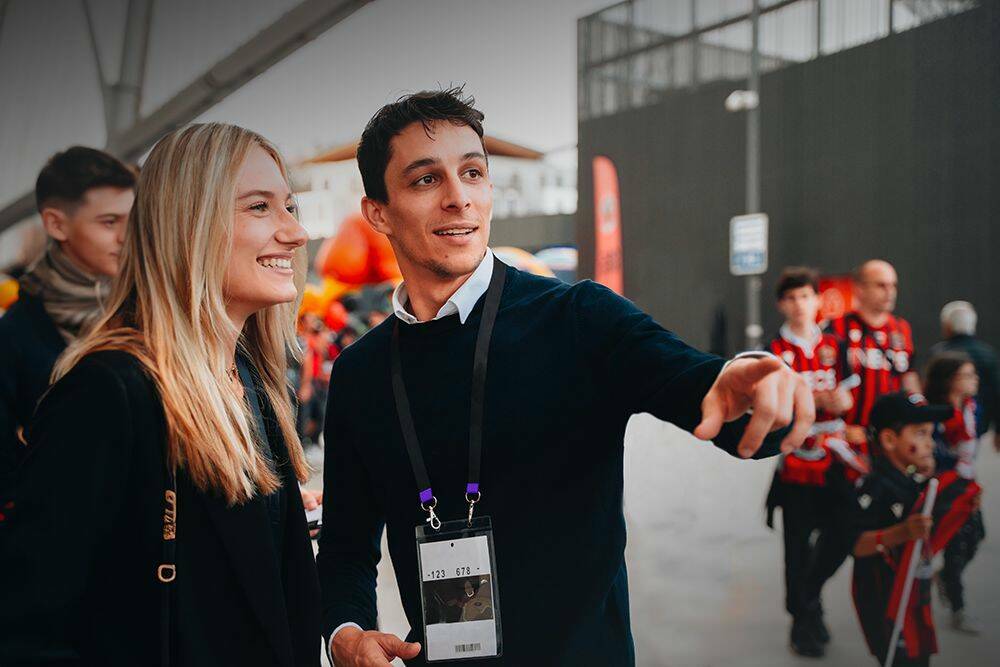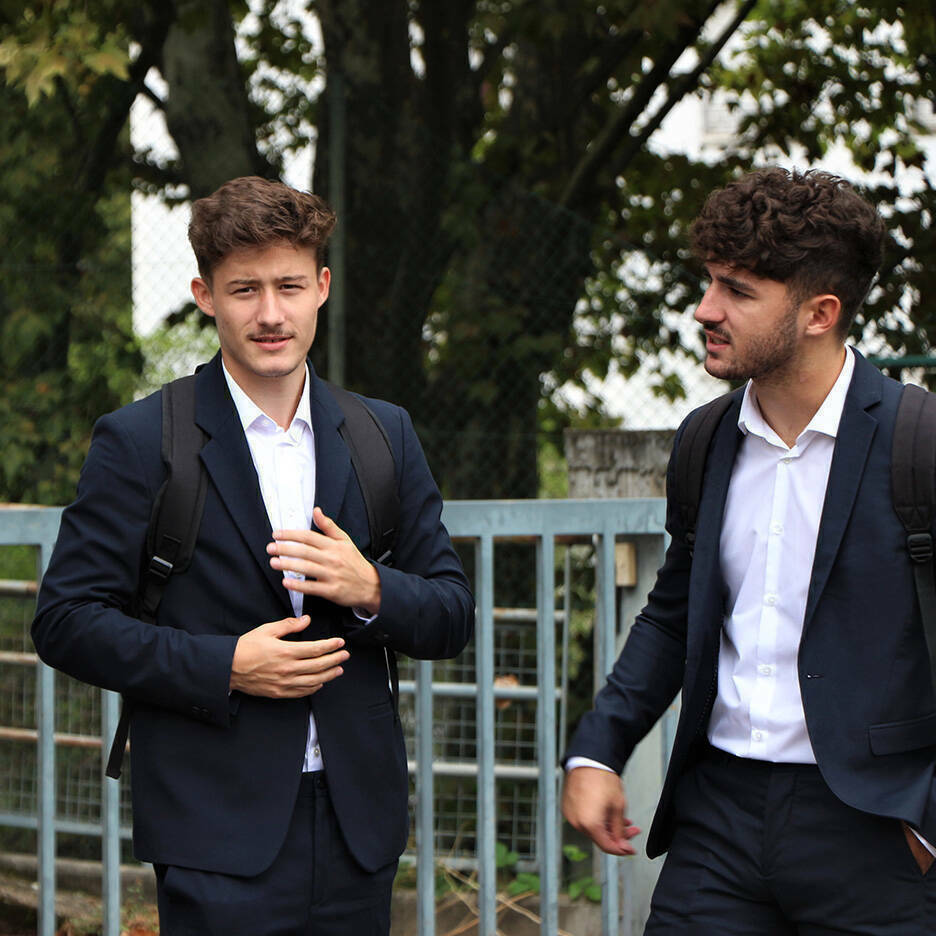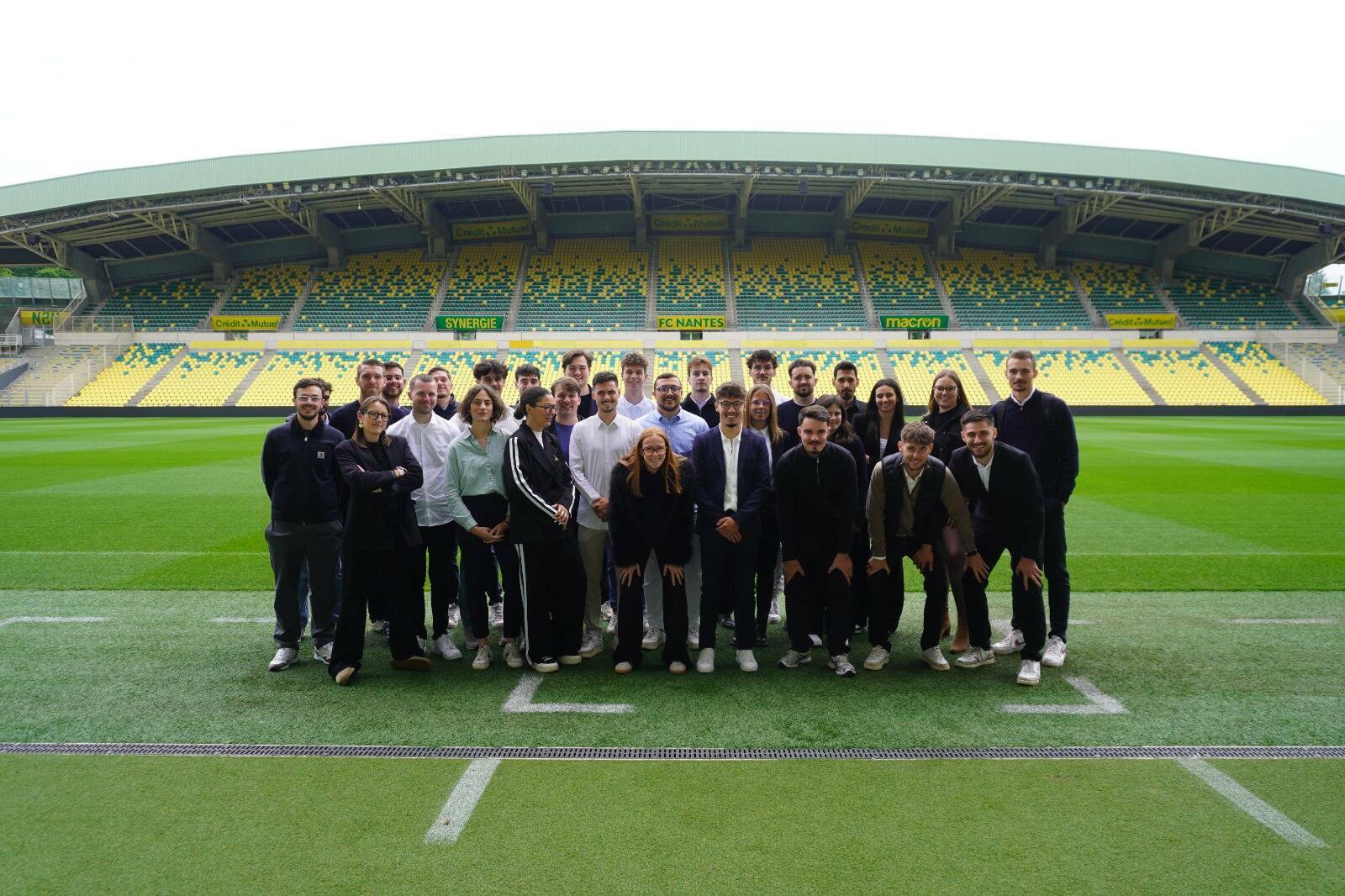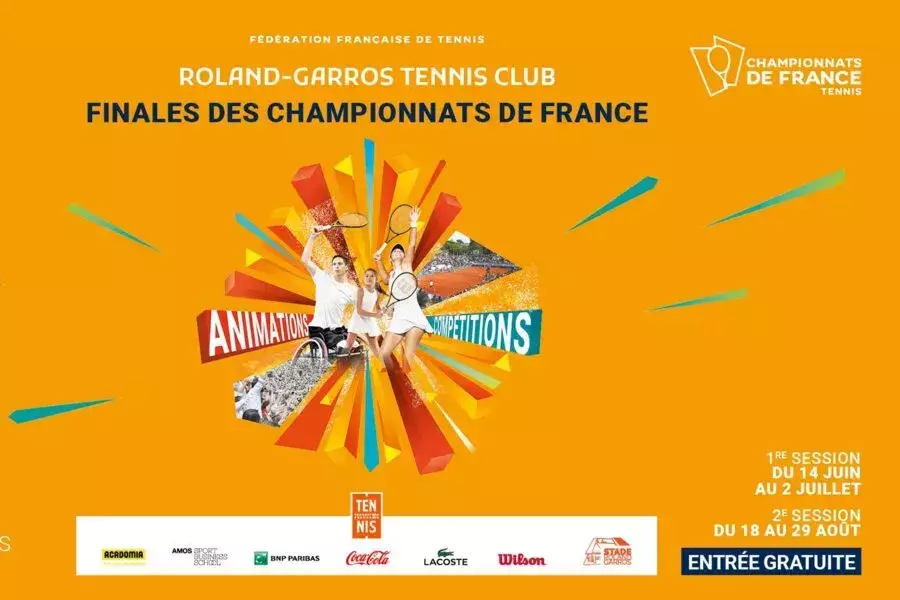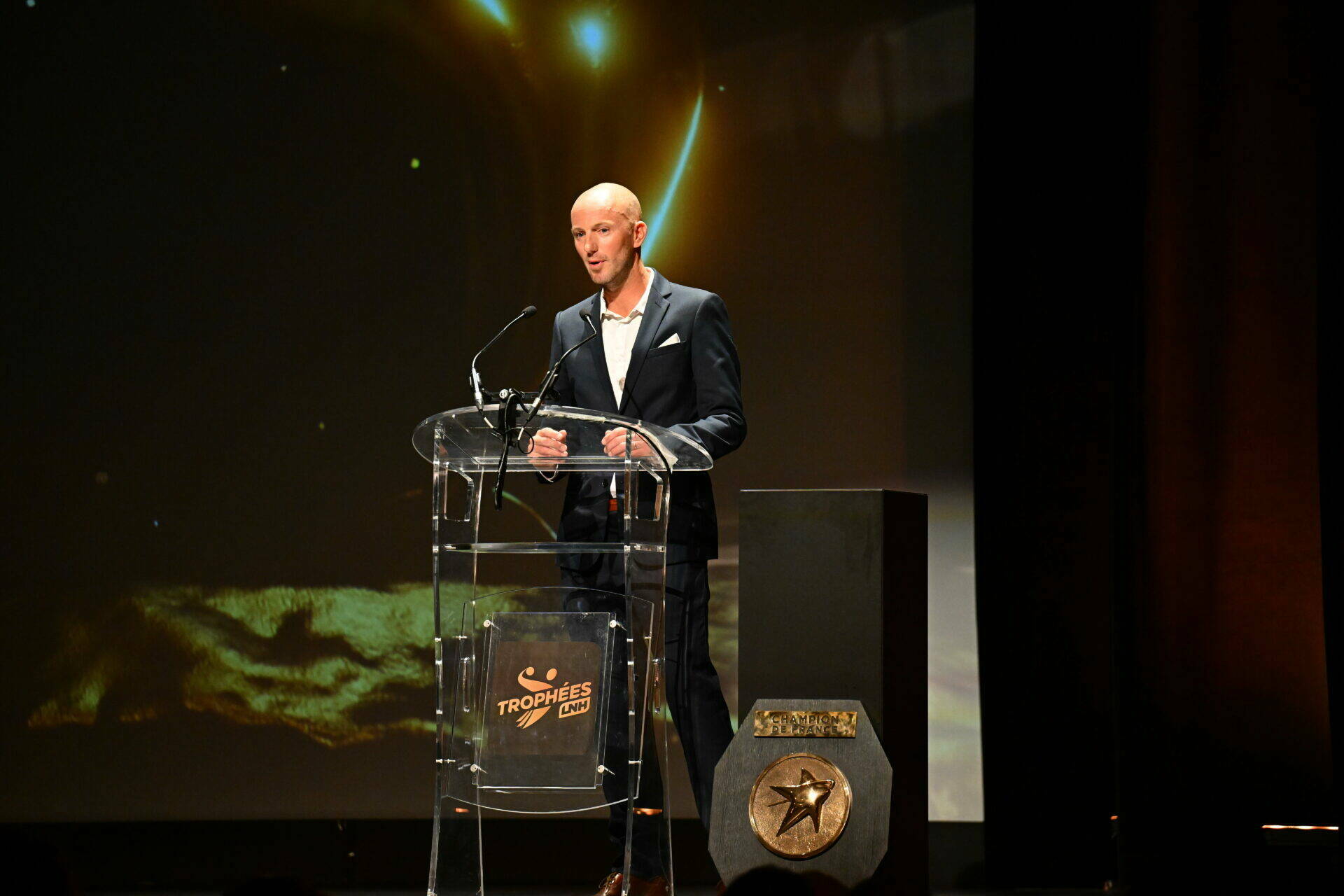Student interview global Sports Business master, truls orneberg
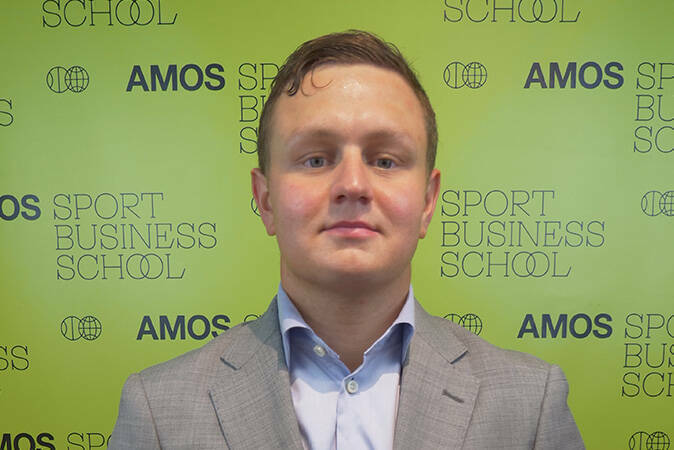
Today we are meeting Truls, who is one of our GSBM 1 students, currently on the Paris campus. Truls comes from Norway, and this is his journey so far.
A cycling enthusiast
When I was younger, I practiced a lot of sports, mainly cycling. But I had some problems with my lungs, I was constantly feeling tired, which did not allow me to become professional. Instead of competing, I decided to get myself involved in volunteering. This is when my passion for working in the sporting events started.
After joining the army for a year and a half (mandatory for young men and women in Norway) I decided to pursue my study in the sports industry and after some research, I found a community college teaching a Bachelor in Sport Management. By the end of the third year, I found a six-month internship within the national cycling federation, and they offered me a full-time position in the events department, which I accepted. I ran events for them for the following six months, and since then, I have moved to the digital department, which allows me to keep gaining experience whilst being a student.
Transition to AMOS
I was willing to do a Masters’ degree in the sports industry, I had found one in Oslo but unfortunately, the applications were closed at the time, which ended up being positive as it allowed me to find AMOS. Going international was something very tempting at the time, so I got in touch with the team in Paris and within 48 hours my decision was taken!
Going to a new country, when you do not know anyone there and when you do not speak the language can be stressful at first. But as soon as I arrived, I started to take weekly French classes, watching French movies and series (currently binging Lupin on Netflix), I am as well using Duolingo, which really helps. Everyone in my class speaks English and the lecturers do all their classes in English too, which obviously really helps to settle in.
Global Sports Business masters
I like it a lot, very interesting because we talk a lot about business which we would not in Norway. In my country, sports and business are different fields, and while they are teaching us how to manage sports infrastructures, it is not orientated towards business.
Secondly, the lecturers in Norway are full-time teachers, not professionals, they have all the knowledge, but the courses remain very theoretical. The experience from the people I met here (in Paris) is relevant and inspiring, you can learn a lot just by listening to them. In the end, having done both is perfect, the academic side in Norway and, learning the professional/business at AMOS.
Olympic stadium
The Olympic Stadium module is my favourite topic, and this has a lot to do with the lecturer who is delivering it, M. Deepak Trivedi. He has such a good way to communicate with us, he always makes sure that everyone is following, which makes it super easy to learn.
My future plans
My dream is to work for the biggest sports events in the world. I am looking for opportunities regarding the cycling world championship in Glasgow in 2023 and the Olympics in Paris in 2024. Starting my career by working in such events could be a real boost.
Les autres articles
Retrouvez les autres Actualités Sport Business des campus AMOS
Découvrez nos formations
Un diplôme de niveau bac+5 est courant pour ce type de métier. Un bachelor associé à un master ou un Programme en 5 ans permet de développer des compétences diverses. En effet, en plus d’élargir ses connaissances sur le marché du sport, les étudiants se spécialisent dans le management, la communication et le marketing du sport.
